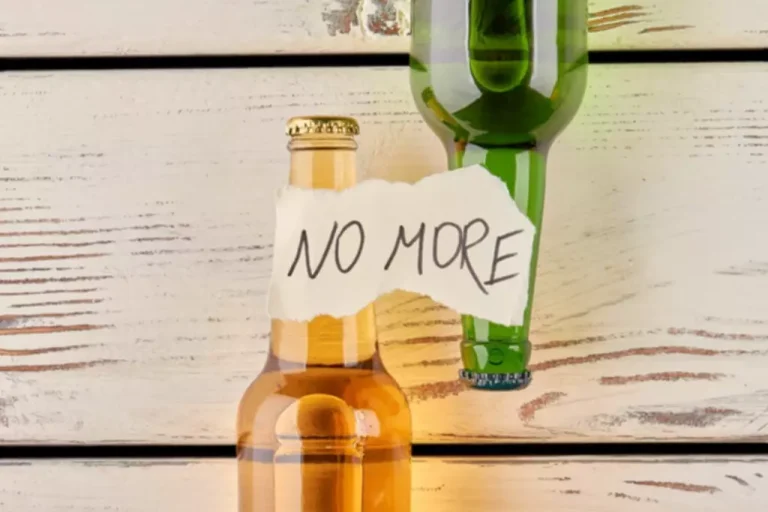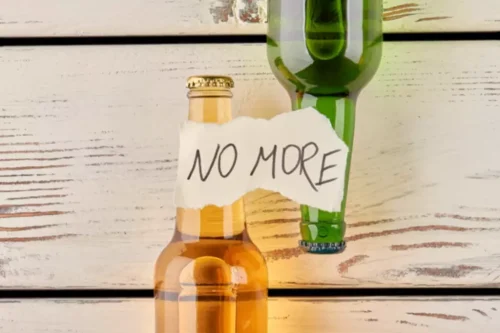
If you’re struggling to stay sober, don’t hesitate to seek professional help. Additionally, many people will also try to detox on their own. Without having the proper education and skills, it can set you up for failure.
Recognize Your Triggers and Avoid Them
- When it comes to addiction recovery, the only thing harder than getting sober is staying sober.
- Support programs can also provide you with new friendships and communities that can make sobriety less difficult to navigate.
- Derek Brown, a National Academy of Sports Medicine-certified wellness coach and author of the organization’s new mindful drinking course, shares one of his favorites below.
Self-care is one of the aspects of life grossly neglected during periods of substance use, as substance use takes over everything else in life. However, in recovery and maintaining long-term sobriety, practicing self-care is something very important. You may have celebrated milestones during your sobriety journey. Track your wins on a calendar or through a Sobriety app. If you haven’t done this already, consider cleaning out your pantry and cupboards to remove any tempting substances lurking.
Practice Mindfulness and Meditation
If any area of your life is out of control, it will not help you maintain lasting sobriety. Shame is having negative beliefs about yourself and your self-worth. Guilt is having negative feelings about your past behavior.

Family Therapy in Sobriety
Get your mind off drugs and alcohol, by walking into nature and enjoying the colors, the sights, and sounds. Two hugely negative emotions that undoubtedly contribute to relapse is “shame” and “guilt”. It’s not a denial of who you are or what you’ve done, but a celebration of who you are now and how far you’ve come. Holding on to your shame and guilt will lead you down a path of depression that is almost certainly going to lead you to a relapse. Let those emotions go and focus on what’s ahead of you. Being sober can be stressful, but it doesn’t need to be — and it certainly won’t be forever.


Talk to our recovery specialists today and learn about our integrated treatment programs. While recognizing these triggers is a vital first step, it needs to be followed up with action. To achieve this, you’ll learn superior and healthier coping strategies that don’t involve drink or drugs.

You just need the willpower and commitment to execute tips to stay sober these strategies when you’re tempted to drink or use drugs. Managing stress is one of the main ways to maintain long-term sobriety. Many people engage in substance use to numb the suffering and pain that comes with stress. Hence, coping with stress in healthy ways is important for staying sober.
Individual reasons for becoming sober range from everything from wanting more energy, to having contraindicated medications – such as Adderall and alcohol. Non-alcoholic beer can be a misleading name, as there are still trace amounts of alcohol in these drinks. Sobriety fatigue can vary from person to person but typically lasts around a month before newfound energy levels, routines, and therapeutic practices are in place.

Create a new routine and avoid old habits
Picture your past self standing before you, then take your love and compassion and hold it in a ball of light in front of you. In your imagination, give the ball to your past self and watch as your love surrounds and eventually engulfs them. This is exercise is a little out there, but it has proven to be beneficial for staying sober. One of the healthiest things you can do for your brain and body is to work out at a gym. Not only does this put you in a safe space to keep your mind off cravings, but it’s a reserved space that forces you to be proactive. Lift weights, run the treadmill, or utilize the pool to swim laps.
- Hosted by therapist Amy Morin, LCSW, this episode of The Verywell Mind Podcast shares how to avoid repeating mistakes and build better habits.
- Try to set aside specific times of the day for checking social media and stick to these times.
- From walking, jogging, and cycling to swimming, tennis, and yoga, find an activity you enjoy and stay active in your recovery.
- Understanding the transient nature of cravings is key, as most cravings last between 7 to 20 minutes, with intensity fluctuating before gradually subsiding.
- Pursuing a life of sobriety should be celebrated, and each person will have their reasons for committing to a drug and alcohol-free life.
Staying sober is part of the Drug rehabilitation process of recovery from addiction. Support is available, and you never have to be alone on your sobriety journey. If you’re sober, you’ve already found strategies to avoid drinking; the key is to keep up with what’s worked and consider additional ways to stay focused on your goal. But first, let’s clarify what sobriety actually means. In 12-step programs, “sober” means abstaining from drugs and alcohol forever.